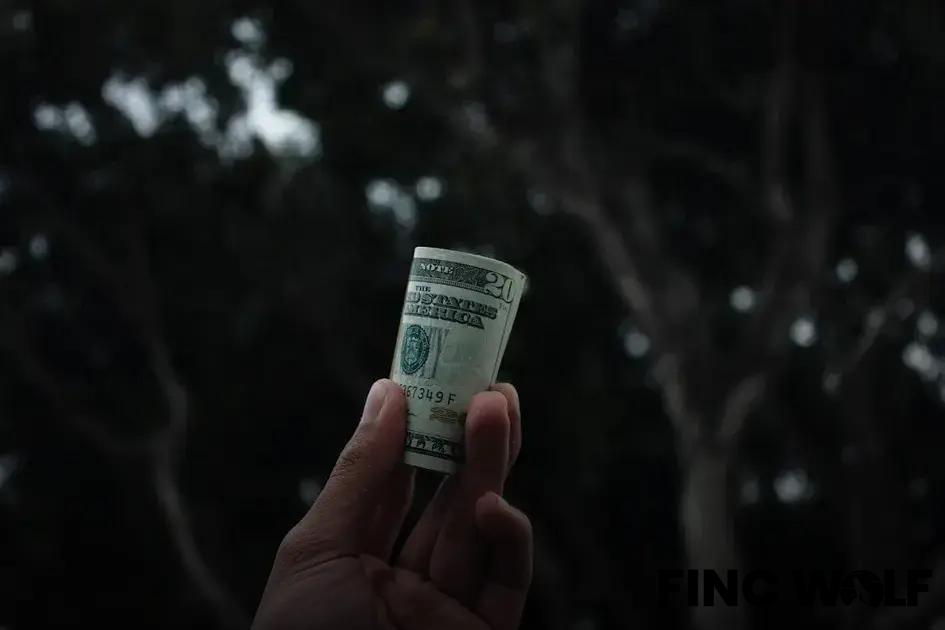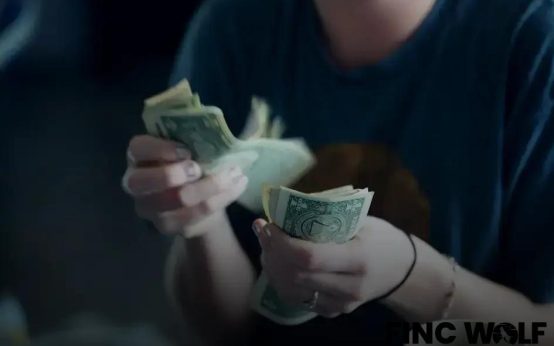NFTs, or non-fungible tokens, are rapidly evolving beyond the digital art realm, impacting diverse industries in innovative ways. As they permeate new areas, NFTs are transforming real estate, music, gaming, education, and even the approach to environmental sustainability. Understanding their expanding influence is crucial for grasping how this technology could shape the future. Dive into these new frontiers of NFTs as we explore their implications and possibilities.
The Expansion of NFTs into Real Estate
As the realms of blockchain technology and real estate converge, NFTs are becoming a revolutionary force in property transactions. Traditionally, buying or selling property involves complex paperwork and lengthy verification processes. NFTs have the potential to streamline these transactions by providing a unique digital certificate for real estate assets, effectively reducing the risk of fraud.
Smart Contracts and Tokenization
One of the pivotal developments is the use of smart contracts. These self-executing contracts with the terms of the agreement directly written into code on the blockchain, allow for more efficient and transparent transactions. The concept of tokenization lets real estate assets be divided into smaller, tradable units, which lowers the barrier to entry for investors.
With decentralized finance becoming more robust, fractional ownership through NFTs makes real estate investment more accessible. This can democratize access to property markets, allowing more individuals to partake in the wealth generated by real estate.
Finally, there’s also a burgeoning potential for NFTs to be used in property management. From authenticating tenants to streamlining rental agreements, NFTs could simplify various aspects of property management, bringing unprecedented efficiency to real estate operations.
NFTs in the Music Industry: A New Era

In the evolving world of blockchain and digital assets, non-fungible tokens (NFTs) are revolutionizing the music industry. They provide artists with unprecedented opportunities to monetize their work, bypassing traditional intermediaries like record labels. This new era enables direct fan-to-artist interaction and ownership models previously unimaginable.
Why NFTs Matter to Musicians
Artists can now offer scarce digital collectibles, unique concert tickets, and exclusive music releases directly to their fanbase. This creates new revenue streams and enhances fan engagement by offering pieces of music history in a rare digital format. Royalties and Ownership NFTs can also automate royalty distribution via smart contracts, ensuring that artists receive a fair share every time their work is resold.
Collaborations and Innovation
Musicians are collaborating more with digital artists, creating innovative works that blur the lines between visual and auditory art. This synergy is creating a dynamic cultural shift in how music is shared and appreciated.
As NFTs continue to evolve, they promise to redefine not just how music is consumed, but also how it is valued in terms of artistic and economic worth.
Gaming and NFTs: Changing the Landscape
NFTs are reshaping the gaming industry by offering players new ways to engage with games and monetize their digital experiences. Traditionally, in-game purchases were confined to the ecosystems in which they were made.
The New Era of Ownership
With NFTs, game assets can possess real-world value as they become tokenized and traded on various marketplaces. This evolution fundamentally changes how players interact with games, allowing for a true sense of ownership since verified transactions take place on the blockchain.
Furthermore, play-to-earn mechanics offer players the opportunity to earn NFTs as rewards, which can be sold or exchanged for cryptocurrency. This creates economic incentives within games, enabling players to potentially profit from their gaming experiences.
Through smart contracts, developers can also ensure a share of any subsequent sales, maintaining a revenue stream even as items change hands. This innovation is prompting a shift toward more sustainable business models within the gaming industry. As games increasingly incorporate NFT technology, we may see novel game formats and economies emerge, diversifying how we perceive and participate in digital worlds.
NFTs and Their Role in Education

NFTs are not limited to digital art and collectibles, they are also making significant strides in education. By providing verifiable digital certificates, NFTs can revolutionize the way academic achievements and credentials are recorded and shared. Educational institutions can issue NFTs as diplomas, certificates, and badges, ensuring they are secure and fraud-proof.
Interactive learning experiences are another area where NFTs can play a crucial role. By tokenizing educational resources, institutions can provide access to exclusive content and courses, allowing students to own a digital copy that is permanently part of their learning journey. This could be particularly beneficial for continuing education or professional development.
NFTs can also foster a culture of collaboration and sharing in education. Learning communities can use NFTs to exchange unique educational content, like lesson plans or educational tools, fostering an open-source environment where educators and students can benefit from shared resources.
Moreover, NFTs have the potential to incentivize innovation and creativity among educators. By creating unique educational content that can be traded or sold, teachers and institutions could explore new monetization opportunities, supporting them in developing innovative teaching materials and methods.
Most importantly, the use of NFTs in education can encourage students to take ownership of their learning and keep a lifetime portfolio of their accomplishments in a secure, verifiable way. As the NFT ecosystem grows, so too will its applications within education, potentially influencing how we think about learning pathways and credentials.
Environmental Concerns and Sustainable NFTs
NFTs have been criticized for their environmental impact, primarily due to the energy-intensive process of verifying transactions on certain blockchain networks. However, with growing environmental concerns, more sustainable options are being explored. Blockchains that utilize proof-of-stake (PoS) instead of proof-of-work (PoW) are emerging as a greener alternative. PoS systems require significantly less energy, thus reducing the carbon footprint associated with NFTs.
In addition to blockchain improvements, some artists and developers are committed to offsetting their carbon emissions through environmental initiatives. These initiatives include planting trees, investing in renewable energy projects, and supporting carbon capture technologies. Efforts like these aim to ensure that NFTs can evolve sustainably within the digital ecosystem.
The shift towards eco-friendly practices is becoming more pronounced as the NFT community embraces sustainability. Furthermore, discussions about setting industry-wide standards for sustainable NFT production are gaining traction. By prioritizing environmental considerations, NFTs can continue to innovate and grow while minimizing their ecological impact.




